Maybe you get wrong output, I don't know, you didn't say why you think there is something wrong with the code.
I do get correct output here: https://godbolt.org/z/xsTxfbxEx
However, this is not correct:
int div = (int)pow(10, nod - 1);
pow is not for integers. I suggest you to read documentation and this, and consider what happens when you truncate a floating point number to an integer.
To print linewise digits of a number given by the user all you need is this:
#include <iostream>
#include <string>
int main() {
std::string input;
std::cin >> input;
for (const auto& c : input) std::cout << c << "\n";
}
Maybe you consider this cheating and insist on doing the maths. Then collect the digits from back to front and print in reverse order, thats much simpler:
#include <iostream>
#include <vector>
int main() {
int n;
std::cin >> n;
std::vector<int> digits;
while (n) {
digits.push_back(n % 10);
n /= 10;
}
for (auto it = digits.rbegin(); it != digits.rend(); ++it){
std::cout << *it << "\n";
}
}
PS: Do not use c-style casts like you do here
int div = (int)pow(10, nod - 1);
//^^
Actually it is superfluous here, because assigning a floating point number to an int already does the truncation. Though, also in general c-style casts are to be avoided. As far as I know, the only reason they are allowed is backwards compatibility. If you do need to cast you should use static_cast. Most of the time c-style casts merely silence compiler warnings or errors and hide problems in the code.
